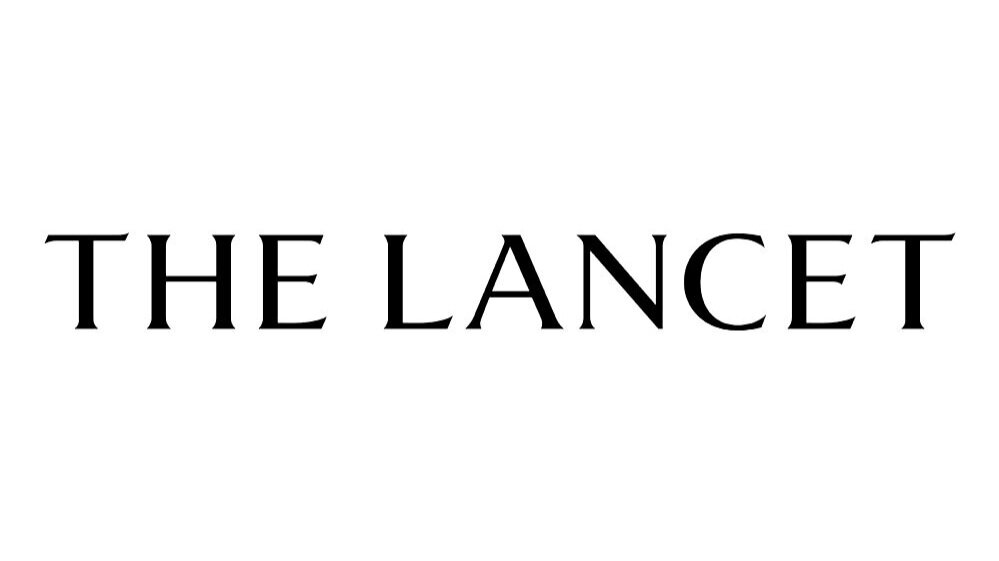On the heels of a high-profile retraction that followed deep investigations by the Science news team, Holden Thorp, the editor in chief of the journal, says it’s time to improve the process of correcting the scientific record.
In an editorial published today, Thorp, a former university provost, describes the often time-consuming and frustrating process involving journals, universities, and government agencies that are often at odds, or at least have different priorities. Based on the experience of what can feel like gridlock, he calls for breaking the process into two stages:
Continue reading ‘It’s time to devise a more efficient solution’: Science editor in chief wants to change the retraction process








